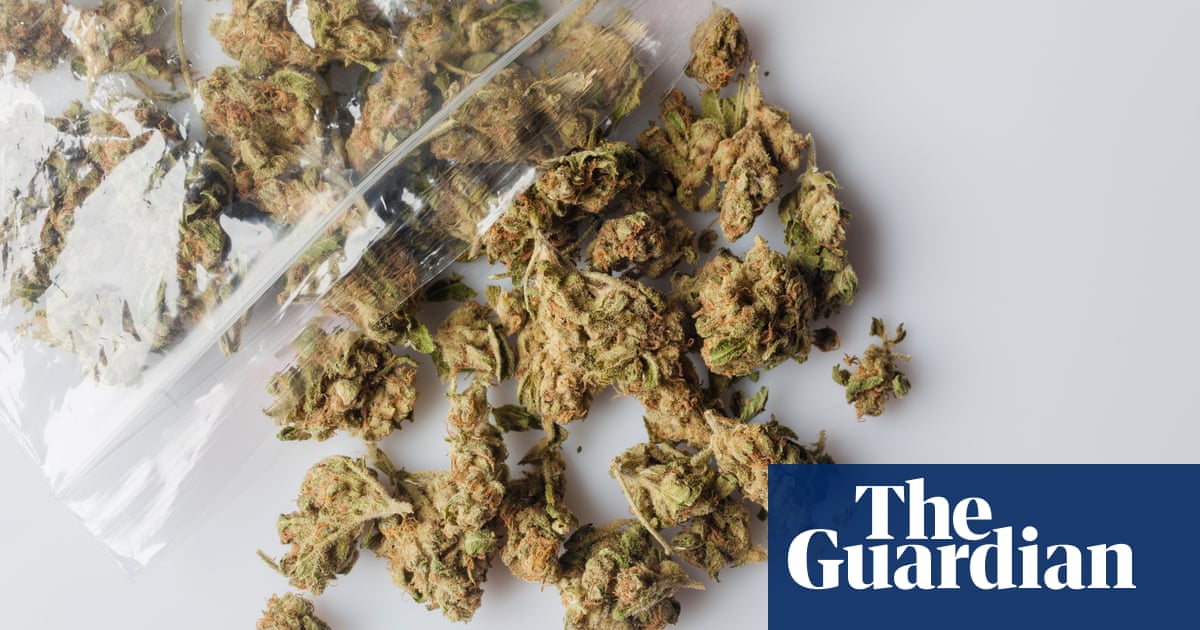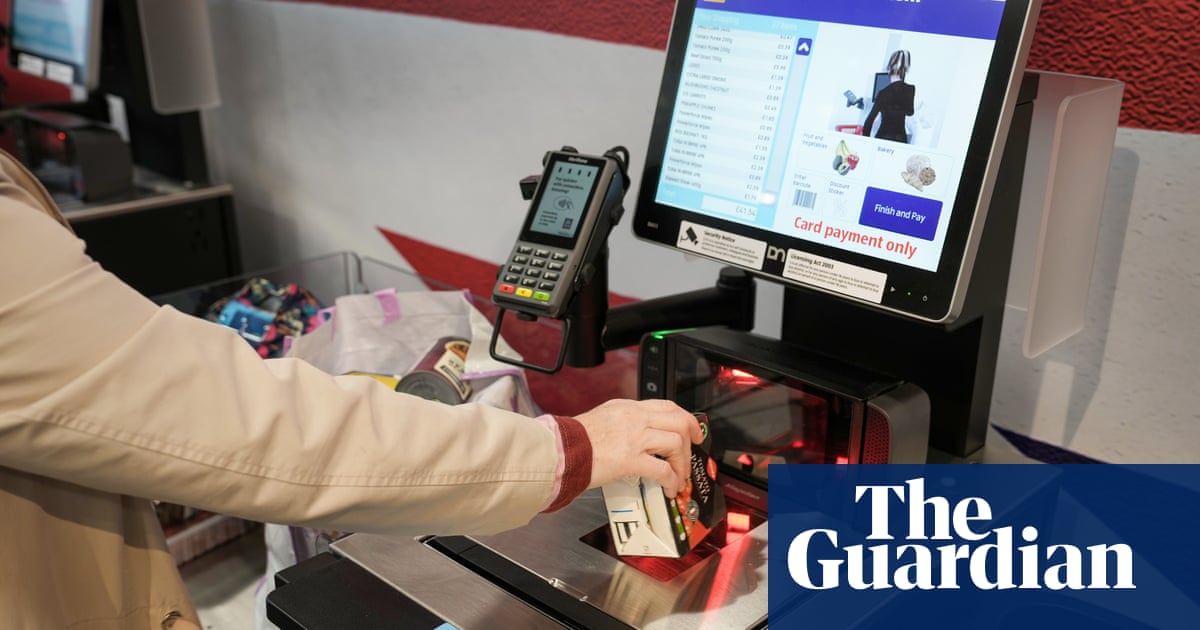
Why did Harry and Meghan make their Netflix documentary? The seismic event that was “Megxit” – when the couple stepped back from royal duties, moved mainly to the US and became financially independent – was almost three years ago.
The Oprah interview, in which they addressed the explicit public and private racism that made their position untenable, was transmitted in 2021. They’re out. They’ve left the firm. Wouldn’t it be wonderful to just move on? It’s a question an off-screen interviewer asks outright in Harry & Meghan. Meghan says: “Books were written about our story by people I don’t know. Doesn’t it make more sense to hear our story from us?” Harry is more indignant, and to the casual bystander, the royal not-watcher, sounds whiny: “We’ve never been allowed to tell our story.”
If you have been watching, though, you’ll know that there is a reputational fight to the death going on: William v Harry, Kate v Meghan, the royals v the outcasts, the tabloids v the Sussexes. If they walk away and maintain a dignified silence, they leave a picture of themselves, Meghan in particular, unchallenged: one that was neatly summarised by the Sun on the morning of the broadcast (they called her Woko Ono, and you have to hand it to their headline writers); by Telegraph columnist Allison Pearson on Twitter, “The Queen Consort hosts a Christmas party for terminally ill children and their parents. They decorate the tree. Meanwhile, the Sussexes collect an award for ‘moral courage’ in NYC. The absurdity of it sheers off into obscenity.”; the Daily Mail’s Sarah Vine, also on Twitter: “Poor Meghan, being forced to wear all that jewellery given to her by the royal family … I honestly don’t know how she copes.” Meghan has been tried by the media, and the judgment handed down: she’s a gold-digger who somehow stole Harry, she’s self-interested where the royals are dutiful, she’s grasping, attention-seeking, spoilt, unrestrained.
A friend of the couple’s, Lucy Fraser, says in the documentary: “The UK media are notorious for doing whatever they can to get a story … They will do whatever they can to get an exclusive and make money.” This is a theme that comes up frequently, that the red-tops are mercenary. But it’s not really about the money, it’s about the replication and promulgation of values, and the hard truth exposed by this saga is that racism and misogyny are the organising principles.
All of these negative traits ascribed to Meghan – this uppity, narcissistic, demanding figure – were just a way of calling her out of place. The racist innuendo is jaw-dropping when you see it laid out – “Harry’s girl is (almost) straight outta Compton”; “One’s gone GangstER”. Stories that were not explicitly about her race – drip-fed by an estranged half-sister, by palace insiders – were used as fig leaves for this insistent message, that she didn’t belong.
For the first order of business for the documentary, the couple had to show that they’re totally special, but also totally ordinary people, who love each other and love their children. Meghan was a passionate feminist from childhood, Harry was lost after the death of Diana. Perhaps some of it was a bit self-referential and turgid, but which of us, asked to come up with evidence for the proposition “I am nice”, could avoid those things?
The meat of it was that a war was waged against them from the start. Harry’s language is chilling in the way it recalls the tabloids’ original crime against him, that – not to put too fine a point on it – they drove his mother into a pillar and killed her. “I was terrified of M being driven away by the media. The same media that had driven so many people away from me”; “Every relationship I had, within a matter of weeks or months, was splattered all over the newspapers.”
So there was already a dark side to what the author Afua Hirsch elegantly describes in the show as “the idea that you can be born into a contractual relationship with the British media”, but upon the announcement of their engagement that agenda became white supremacist. Perhaps that sounds like overstatement, but I genuinely don’t know what else you call it, to object this strongly to a prince marrying a woman who was mixed race. Doria, Meghan’s mother, recalls: “I said to her, this is about race. You may not want to hear it, but this is what’s coming down the pike.” As Harry said in a statement, very early on, the racist undertones in the mainstream media generated and lent respectability to outright race hate on social media.
Before I watched the documentary, I felt nostalgic for a time when you didn’t have to pick a side: when you were allowed to think the whole family was a bit silly, a waste of money and headspace. But now I think that this is a conversation we have to have: is it OK to have this very dominant industry, dedicated to the maintenance of blatant but deniable bigotry? Is there a response the progressive media could have had, better than dignified neutrality? Could the BBC or the broadsheets have been more robust? How many black women have to be sacrificed on this altar, while we decide whether or not their behaviour was part of the problem?
Zoe Williams is a Guardian columnist












